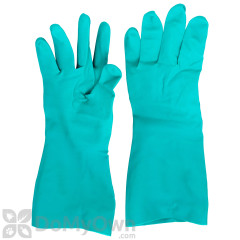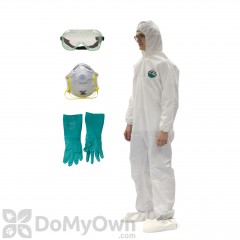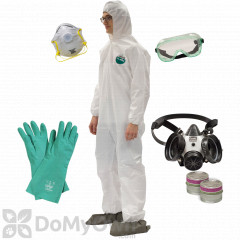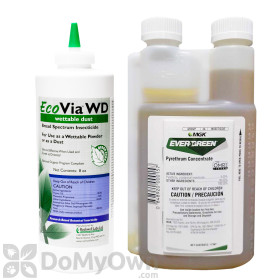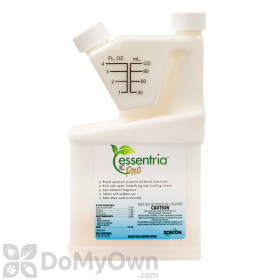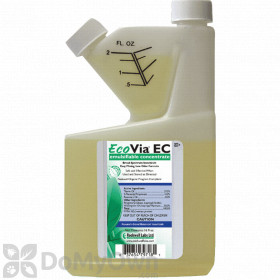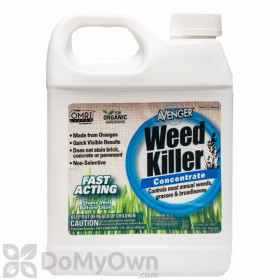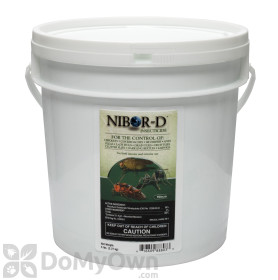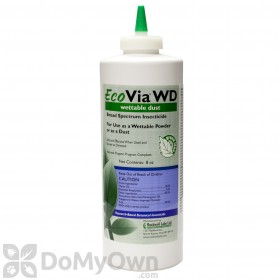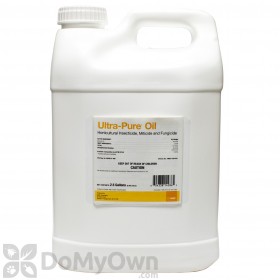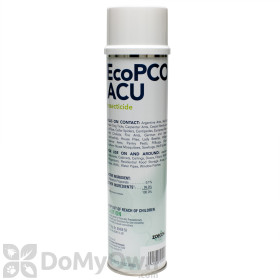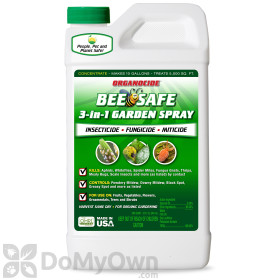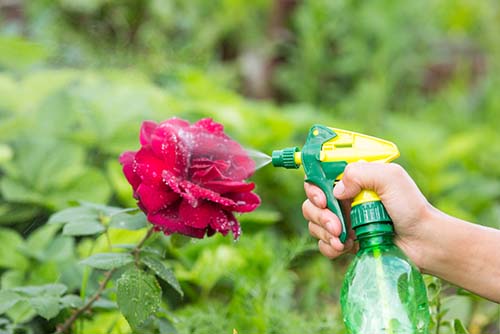
Now more than ever, consumers are researching what active ingredients are in the products they use around their home. But with so many different buzzwords - organic, OMRI, natural, green, sulfate-free, it can be hard to determine what is in a product, especially chemicals used in pest control, lawn care, and in animal health.
Before deciding which of these products may be best for your pest control, lawn care, or gardening program its best to consider what your goal is when implementing this type of program. Is the goal to use only organic products (organic food processing facility)? Is the goal to use only natural products? Or is the goal to institute a program that is more environmentally friendly?
Use this guide to learn what each of these terms mean, understand the product label requirements, and select the best program for your needs
Natural, Organic, and Green - What Does This Mean?
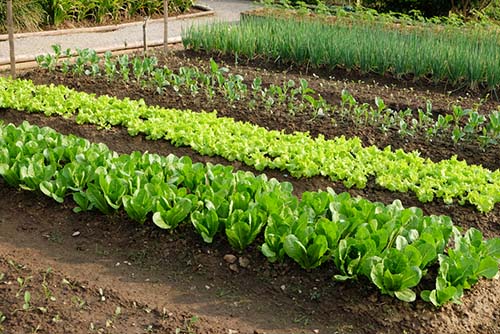
Natural Insecticides and Natural Pesticides
Natural pesticides are made up of materials that occur in nature and are left virtually unchanged for our use. Most of these products contain materials that are derived from plants but several products also contain minerals. Many people make the mistake of assuming that "natural" automatically means safe or safer to use than other synthetic products. This is not true. Arsenic is a natural product, yet is not considered environmentally friendly or safe to use around homes.
Natural is not the same thing as organic. A natural product may or may not be organic, depending on how the product was made.
Organic Insecticides and Organic Pesticides
An organic pesticide is produced in accordance with The Organic Act and its regulations. An organic pesticide, like natural pesticides, are made up of materials that occur in nature and are left virtually unchanged for our use. And just like natural products, organic products are also "toxic", though they may have a low toxicity rate for warm blooded animals. (At a certain level, just about any chemical will have a toxic effect on warm-blooded animals, even water.)
In the world of pest control and lawn care, "all-natural," "natural," "organic," and "green" are terms that are not regulated by the government or any third-party organization. The term "organic" is regulated by the US government when used to label food and fiber products, but not to label herbicides, insecticides, or pet-health products. Many manufacturers self regulate their products and will advertise their products as natural or green when truly appropriate.
Going Green is About More than Just Natural Products
Green pest control and lawn care is more than using natural and organic products. It's about limiting the need for excess insecticides and herbicides by taking preventative measures to avoid infestations.
Using the Integrated Pest Management (IPM) method of regularly inspecting and preparing your property is a great way to keep bugs away. Chemical treatment may still be needed but using a natural or green product for a quarterly treatment is preferable to constantly trying to kill pests that have made their way inside your home. Read our 4-part guide to General Pest Prevention for more information on IPM.
Lawns and gardens will also benefit from products that keep the lawn healthy and strong. Implementing strong cultural practices to help ward off weeds and disease can help reduce the need to use chemical products for control. Read our Grass Care guides for more information on keeping your lawn healthy.
Are there any non-toxic pesticides, insecticides, or herbicides on the market?
Simply put, No. If a product, be it organic, natural, or synthetic, will kill an insect or plant (by any means other than mechanical), it is "toxic". There are, however, a wide range of products on the market, both natural and synthetic, that have a low order of toxicity for warm-blooded mammals, making them safer to use. Many pests can also be caught with glue board traps, snap traps, or they can be mechanically eliminated (think fly swatter), all non-toxic options.
Understanding Product Labeling
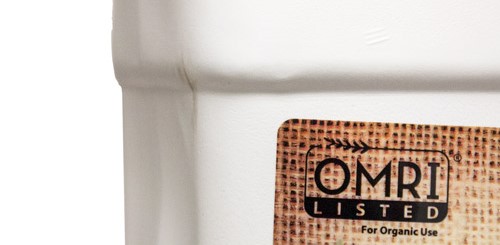
OMRI Listed
The Organic Materials Review Institute, or OMRI, is an independent, nonprofit organization that reviews herbicides, insecticides, and livestock products to determine if they meet the standards required for use to grow, handle, and process organic food or fiber products. Organic farmers will use OMRI listed products when growing their certified organic crops, like meat, cotton, and vegetables.
OMRI reviews products to see if they meet their pre-set standards (about 10-15% are rejected for not meeting standards). Then, approved products can use the OMRI Listed logo on their product labels. OMRI also offers support to manufacturers, farmers, and homeowners when creating and selecting products.
Manufacturers must pay to have their products reviewed by OMRI. Due to this, some products that meet OMRI standards are not OMRI listed, as the manufacturers have chosen not to pay for this review process.

For Organic Gardening
The United States Environmental Protection Agency (EPA) allows manufacturers to add a three-petal flower logo and the words "For Organic Gardening" or "For Organic Production" to any product whose ingredients meet the requirements of the USDA Natural Organic Program.
This label is not a requirement of products that meet these standards and the USDA does not certify or regulate products that use this label.
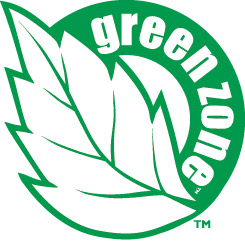
Other Labels and Color Coding
As mentioned above, many manufacturers will self-regulate their own products, noting when a product is natural, organic, or eco-friendly. As OMRI charges for their review process and manufacturers are already spending the money to research their products, they may self-label.
For example, Rockwell Labs gives a "Green Zone" label to their pest control products that contain ingredients classified by the EPA as "minimum risk" or ingredients allowed by the USDA Natural Organic Program.
Some brands color-code their labels to indicate natural and green products. Bonide uses a tan background on the top right corner of the labels of their products that are natural and organic while Monterey uses a green stripe behind the product name to indicate an eco-friendly product.
Ready to go green? Click here to shop our natural and organic pest control products and here to shop our natural and organic lawn care products.
If you have any questions or need assistance selecting a natural or organic product, give our customer service team a call at 866-581-7378 or email [email protected].
